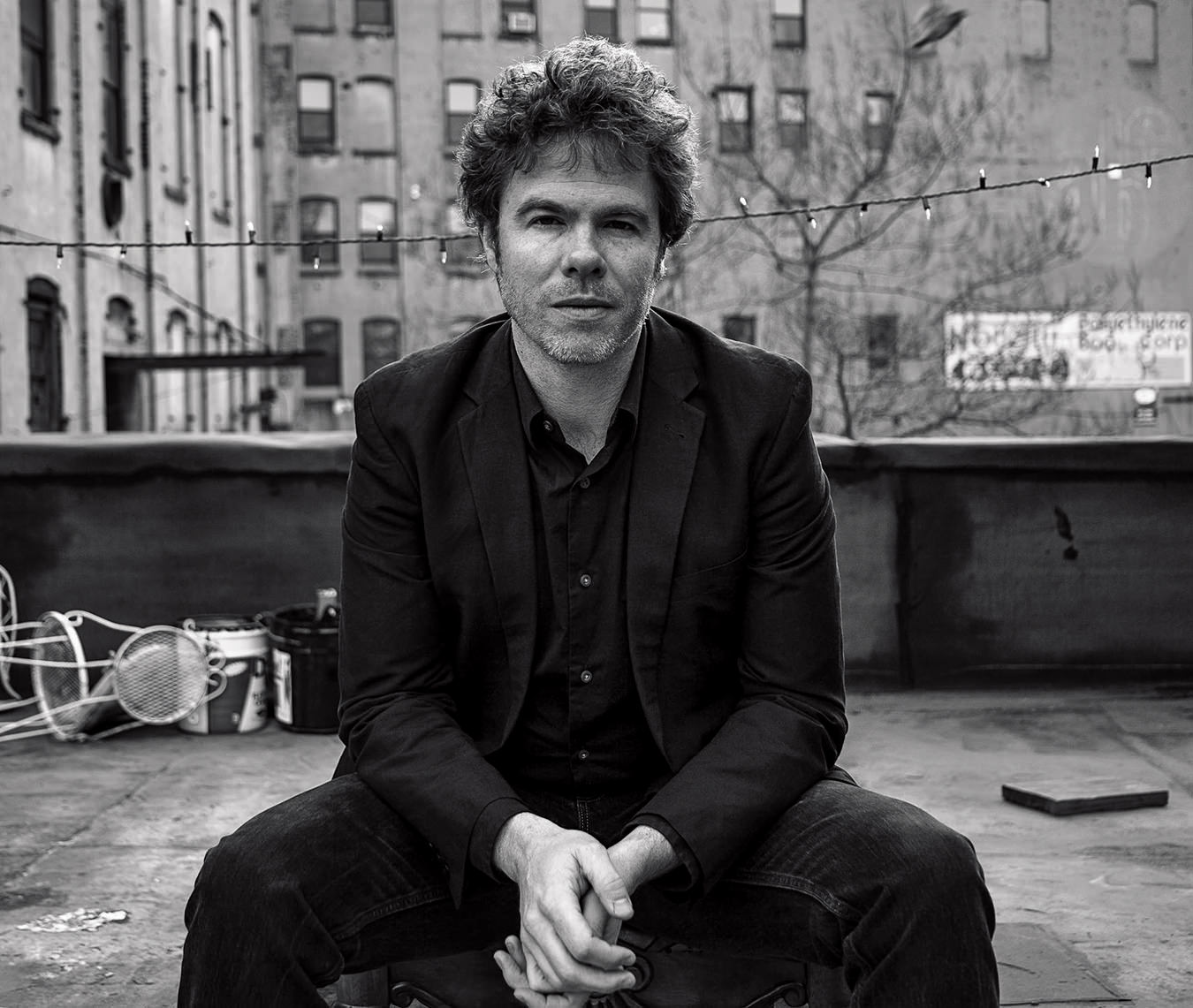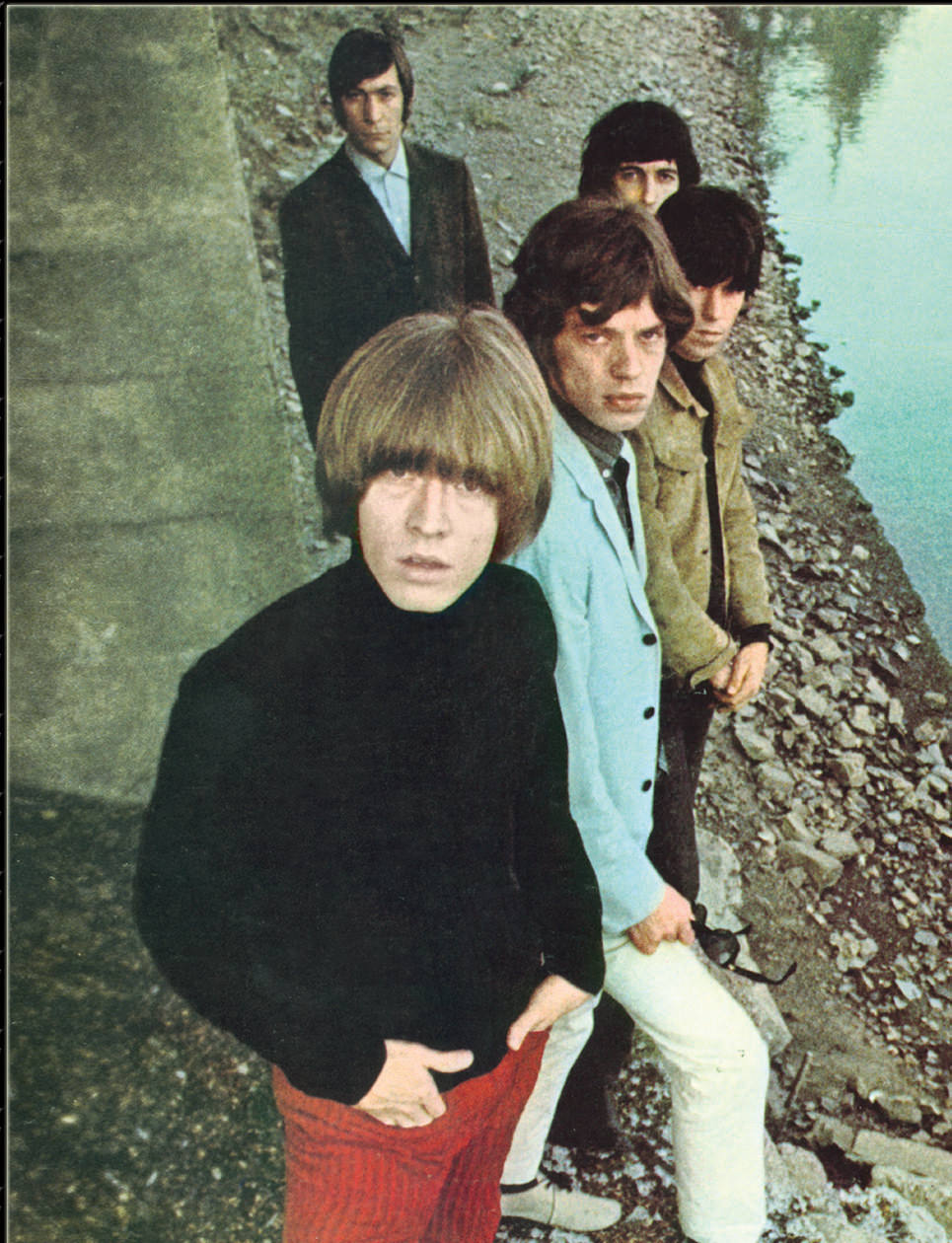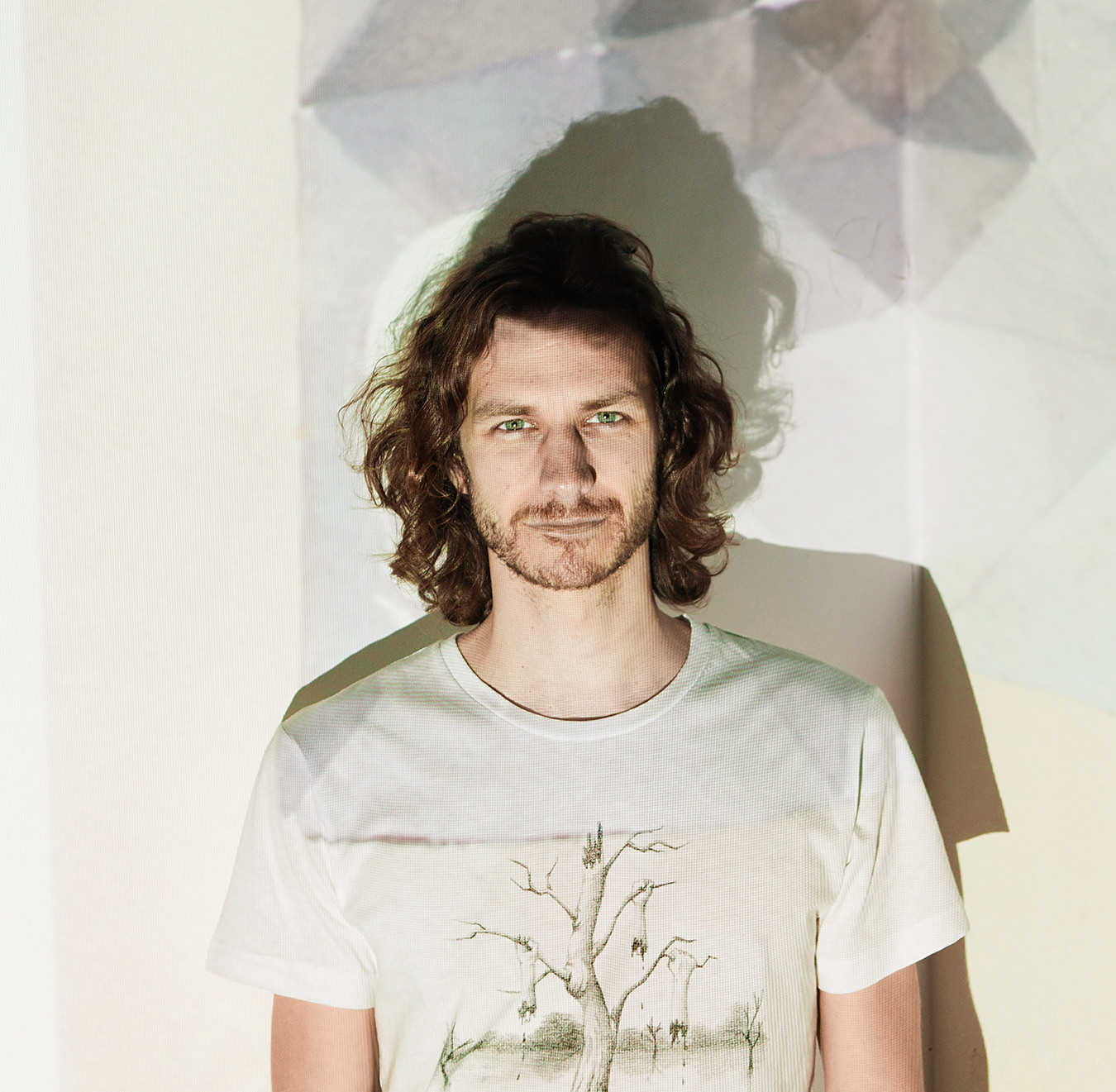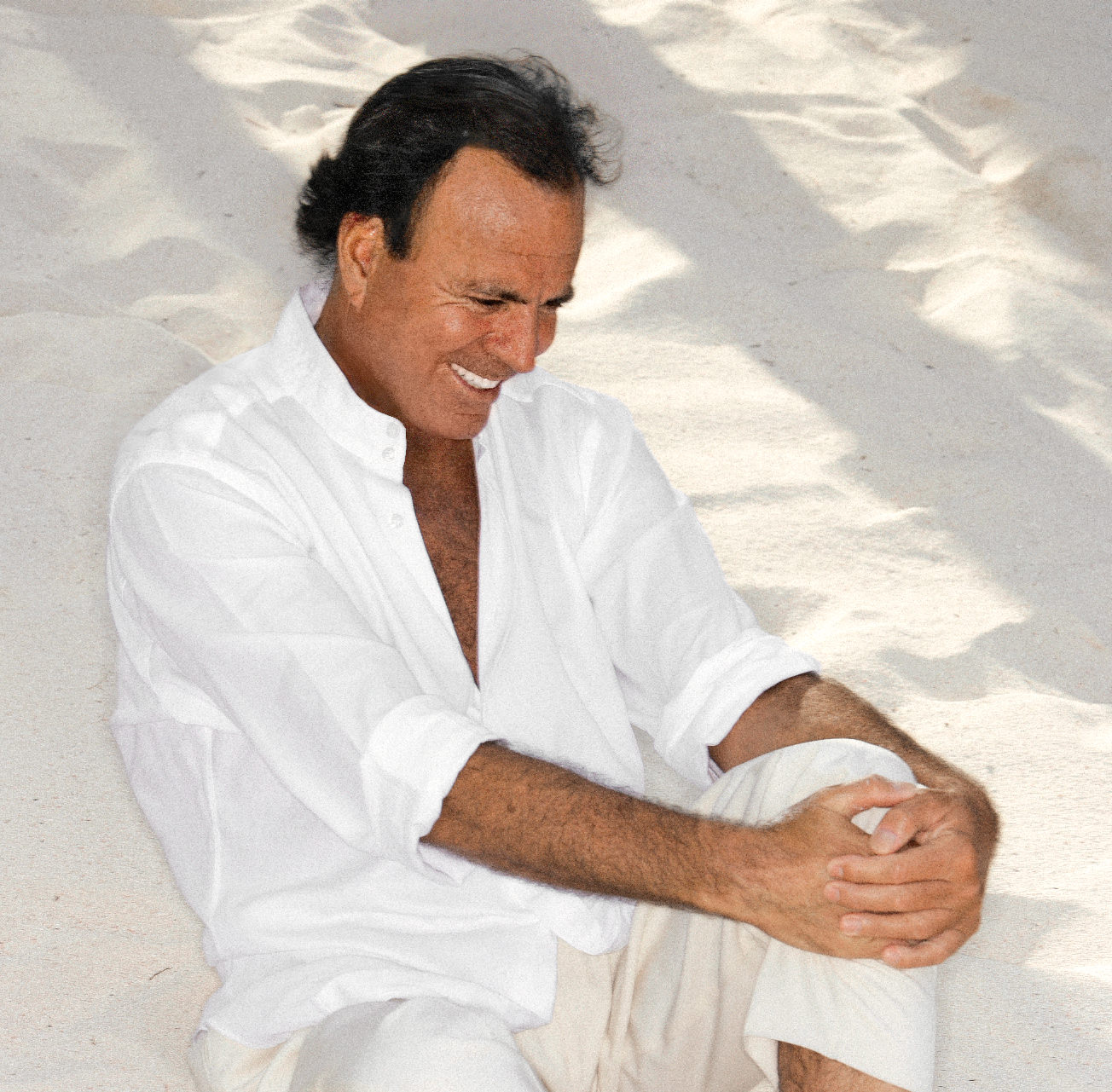Off the Page with Leila Getz for the Vancouver Recital Society’s 40-Year Anniversary
Sibling sonatas.
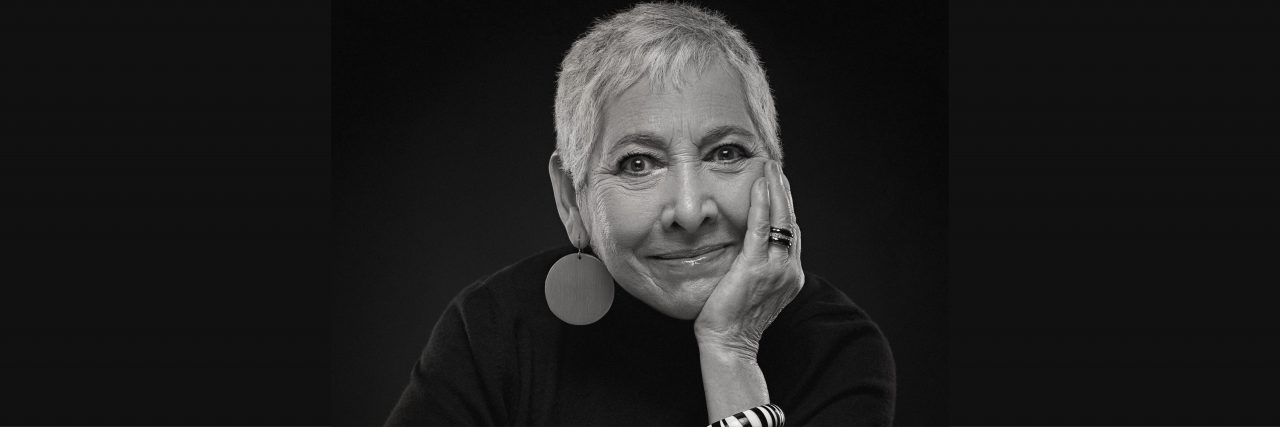
Leila Getz came to Vancouver from Cape Town as a young woman. Now she is one of the best-known names in the classical music scene in Canada, and her goal as head of the Vancouver Recital Society for the last 40 years has been to elevate the young and talented.
“I built the organization on discovering new up-and-coming talent, and that’s always been the core and the heart of what we do,” says Getz. The focus on young talent continues into the 2019/2020 season with programming for the “Next Generation Series,” which will focus on sibling performances. Young stars such as Sheku and Isata Kanneh-Mason will grace the stage. Sheku has received particular renown in the last year, after his performance at the royal wedding. “We had such a great time in Vancouver, so this time we are playing one of my favourite sonatas, the Rachmaninov sonata, an amazing, amazing piece,” he says of their upcoming show.
There is no rationale behind the focus on sibling performers, according to Getz, who insists that her programming has often been based on gut instinct. “I’m lucky I have a team of four people around me who are half my age and way more practical,” she says, laughing.
“We are really a risk-taking organization. We’ve done that for 40 years and we’ve now built an audience of trust, and if I put a trombone player on stage to play a recital, people will come because they know that the quality is going to be phenomenal.”
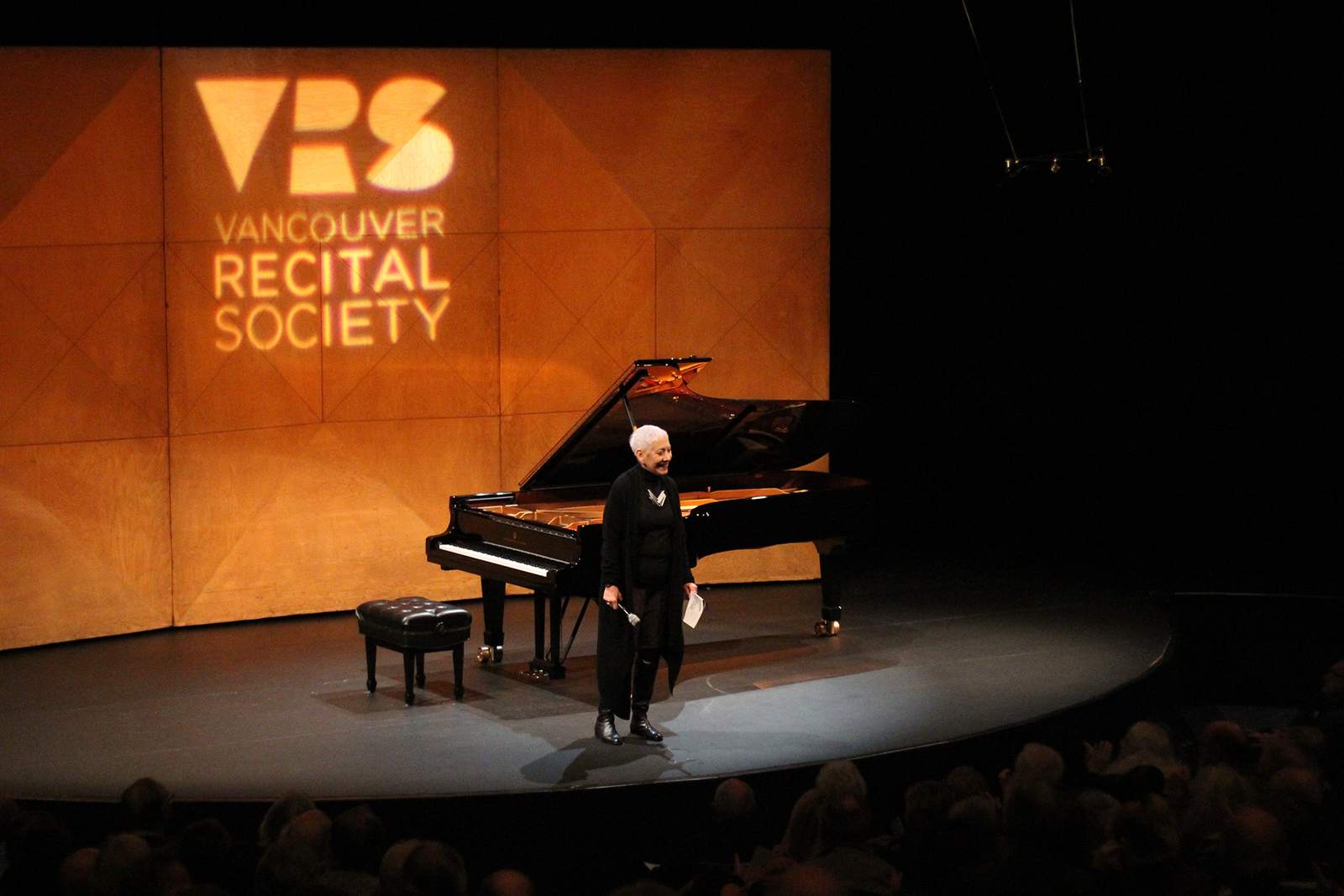
Getz introducing the VRS at the Vancouver Playhouse.
Getz is incredibly generous with her stories and her time. Seeing her excitement about the programming and her sharp instincts, one can understand why her organization has been successful despite the skepticism of some. She is quick to dismiss claims that audiences’ interest in recitals is dying off and that the VRS’ relevance will be difficult to sustain.
She says that her decision to put the Kanneh-Mason siblings on the Orpheum stage was made so that the society could offer more affordable tickets for young people. She wants to light a fire for young people who might not otherwise listen to classical music. “People come to classical music as they get older,” she says. But that inclination has to start somewhere. The success of young people of colour as classical musicians will perhaps erode the claims of elitism that surround classical music.
But there is still room to grow in this regard. Getz bemoans the lack of music in education today, and the lack of performance spaces that are both accessible and ready-made for the performance of classical music in Vancouver.
“I don’t think you have to be knowledgeable about classical music to enjoy it at all. I think it’s all got to do with power of communication of the person on the stage,” she says. “If they are extraordinary enough and they can communicate that over the footlights, that’s all you need. Where you feel it is here—goosebumps.”
The trick, which Getz has mastered, is getting people in the door to hear it.
________
Never miss a story. Sign up for NUVO’s weekly newsletter here.

